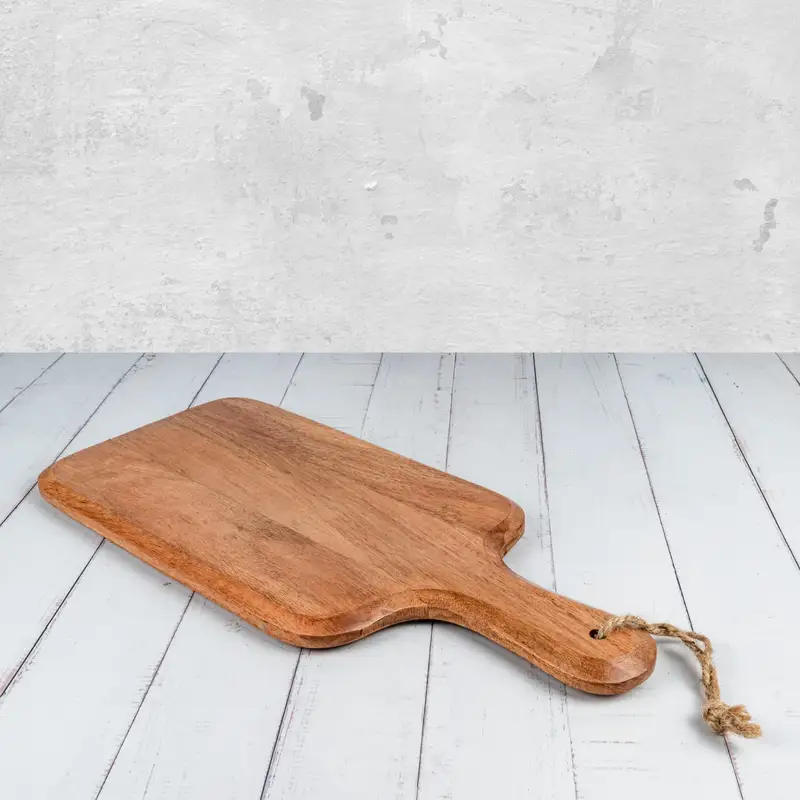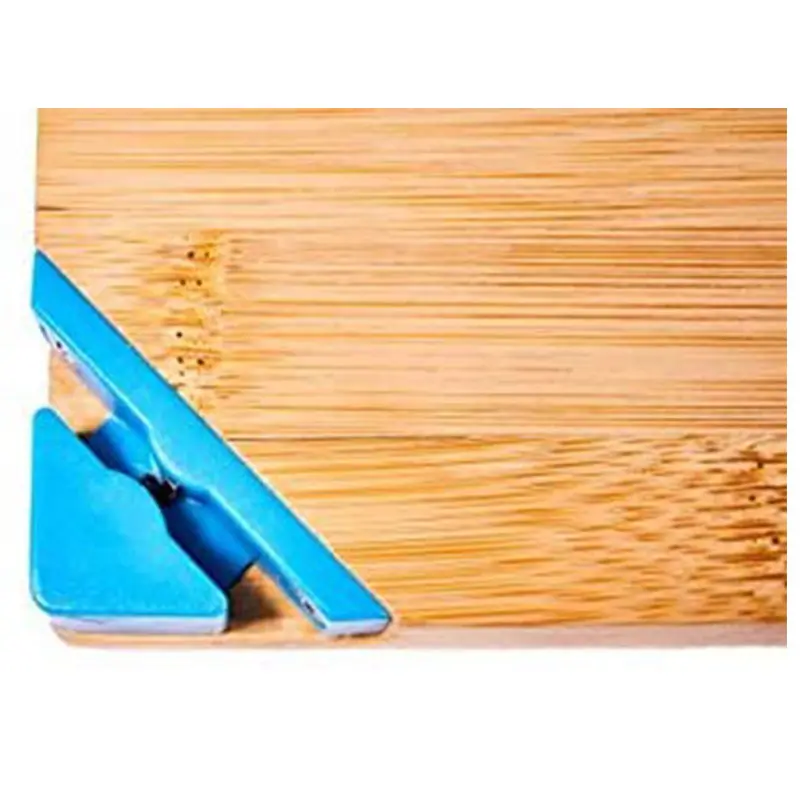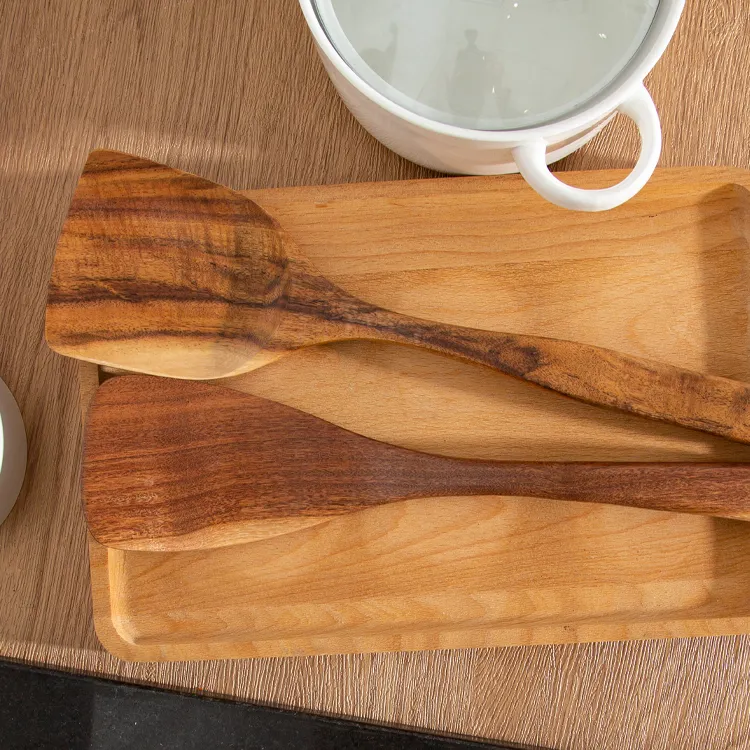Bamboo cutting boards are considered an eco-friendly choice for several reasons, reflecting their sustainable and environmentally conscious characteristics:
- Rapid Growth:
- Bamboo is a fast-growing grass that matures much more quickly than traditional hardwood trees. Some species of bamboo can grow several feet in a single day. This rapid growth makes bamboo a highly renewable resource, contributing to sustainability.
- Minimal Environmental Impact:
- Bamboo cultivation requires minimal use of pesticides and fertilizers compared to other crops. Additionally, bamboo can be grown without the need for clear-cutting, reducing soil erosion and preserving ecosystems.
- Renewable Resource:
- Bamboo is a self-regenerating plant, and harvesting does not kill the plant. As a result, bamboo cutting boards can be produced without causing long-term harm to the environment.
- Low Carbon Footprint:
- Bamboo has a lower carbon footprint compared to traditional hardwoods. Its rapid growth means it absorbs more carbon dioxide during its lifecycle, helping mitigate the greenhouse gas effect.
- Biodegradability:
- Bamboo cutting boards are biodegradable, meaning they can naturally decompose at the end of their life cycle. This contrasts with non-biodegradable materials, reducing long-term environmental impact.
- Reduced Deforestation:
- Choosing bamboo over traditional hardwoods for cutting boards helps reduce reliance on deforestation. The use of bamboo promotes sustainable alternatives that do not contribute to the depletion of natural forests.
- Versatility in Use:
- Bamboo is a versatile material that can be used for various purposes beyond cutting boards, such as furniture, flooring, and even textiles. This versatility allows for the optimization of bamboo resources.
- Water Efficiency:
- Bamboo is known for its water efficiency in comparison to other crops. It requires less water for cultivation, contributing to responsible water use in agricultural practices.
- Resilience to Pests:
- Bamboo is naturally resistant to pests and diseases, reducing the need for chemical pesticides. This inherent resilience supports a more sustainable and eco-friendly cultivation process.
- Soil Health:
- Bamboo’s root system helps prevent soil erosion and promotes soil health. The plant’s extensive roots help bind the soil together, reducing the risk of landslides and preserving the integrity of ecosystems.
- Energy-Efficient Processing:
- Processing bamboo into cutting boards typically requires less energy compared to the manufacturing processes of some alternative materials. This energy efficiency contributes to overall environmental sustainability.
- Durability and Longevity:
- Bamboo cutting boards are durable and have a long lifespan when properly maintained. Their longevity reduces the need for frequent replacements, contributing to a more sustainable kitchen.
By choosing bamboo cutting boards, consumers can make a positive impact by supporting sustainable and eco-friendly practices. The characteristics of bamboo, including rapid growth, renewability, and minimal environmental impact, make it a responsible choice for those seeking environmentally conscious kitchen tools.



